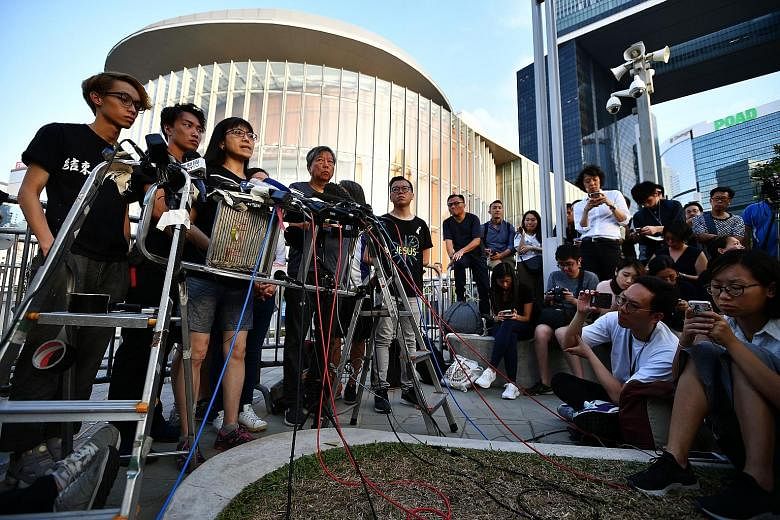WHAT IS THE LAW ABOUT?
The Hong Kong government is pushing a Bill through the legislature that would allow extradition to any jurisdiction with which it does not already have a treaty, including mainland China.
It says this is needed to plug existing loopholes and prevent Hong Kong from becoming a haven for fugitives.
Chief Executive Carrie Lam says safeguards are in place to protect free speech and ensure political cases will not be affected by the extradition law.
She adds that it meets international standards for human rights and that only serious crimes which carry sentences above seven years will be considered.
WHY DO PEOPLE OBJECT?
Fears centre on getting tangled up in China's opaque and politicised courts - whether it be the city's 7.3 million inhabitants or those just passing through the airport.
A broad cross-section of society has opposed the legislation, including lawyers and influential legal bodies, business figures and chambers of commerce, journalists, activists and Western envoys.
But the extradition furore is just the latest chapter in what many see as a battle for the soul of Hong Kong. For the last decade, it has been convulsed by political turbulence between the pro-Beijing authorities and opponents who fear a resurgent China is stamping on the city's unique freedoms and culture.
DOESN'T CHINA RUN HONG KONG ANYWAY?
Yes. But under the 1997 handover agreement with Britain, China has agreed to a 50-year "one country, two systems" deal, where Hong Kong is able to retain key liberties such as freedom of speech and an independent judiciary.
The city's courts and rule of law, built around the British legal system, are key to its economic success. But there are accusations Beijing is reneging on that deal, moving to reduce liberties before the deadline expires in 2047.










